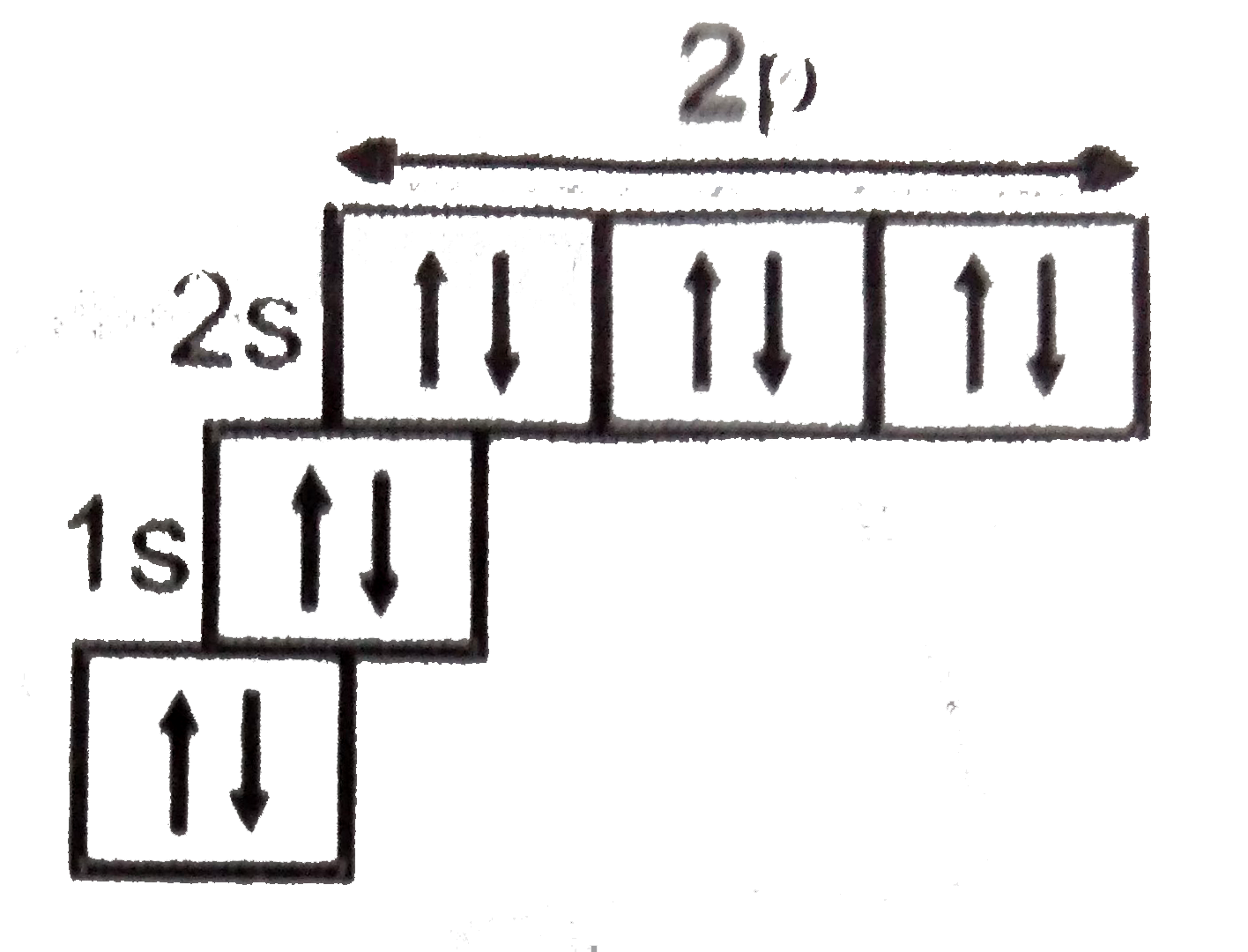Which of the following elements will gain one electron readily in comparison to other elements of their group?
S(g)
N(g)
O(g)
Cl(g)
The correct Answer is:A, D
To determine which of the given elements will gain one electron readily in comparison to the other elements of their group, we need to analyze the electron affinity of each element. The elements provided are sulfur, nitrogen, oxygen, and chlorine.
1. Identify the Groups of the Elements:
- Sulfur (S) and Oxygen (O) are in Group 16 (Chalcogens).
- Nitrogen (N) is in Group 15 (Pnictogens).
- Chlorine (Cl) is in Group 17 (Halogens).
2. Understand Electron Affinity:
- Electron affinity is the energy change that occurs when an electron is added to a neutral atom in the gas phase. A higher (more negative) electron affinity indicates that the element readily gains an electron.
3. Analyze the Trend in Electron Affinity:
- As we move from left to right across a period, electron affinity generally increases.
- As we move down a group, electron affinity generally decreases due to the increase in atomic size, which makes it harder for the nucleus to attract additional electrons.
4. Compare the Electron Affinities:
- Chlorine (Cl): Chlorine has the highest electron affinity among the halogens and is known to readily gain an electron.
- Oxygen (O): Oxygen has a relatively high electron affinity, but it is less than that of chlorine. However, due to its small size, it experiences some inter-electronic repulsion which affects its electron affinity.
- Sulfur (S): Sulfur has a higher electron affinity than oxygen but lower than chlorine.
- Nitrogen (N): Nitrogen has a lower electron affinity compared to the other elements listed.
5. Conclusion:
Based on the analysis, the elements that will gain one electron readily in comparison to the others in their respective groups are:
- Chlorine (Cl) from Group 17
- Sulfur (S) from Group 16
Final Answer:
The elements that will gain one electron readily are Sulfur (S) and Chlorine (Cl).
- Sulfur (S) and Oxygen (O) are in Group 16 (Chalcogens).
- Nitrogen (N) is in Group 15 (Pnictogens).
- Chlorine (Cl) is in Group 17 (Halogens).
- Electron affinity is the energy change that occurs when an electron is added to a neutral atom in the gas phase. A higher (more negative) electron affinity indicates that the element readily gains an electron.
- As we move from left to right across a period, electron affinity generally increases.
- As we move down a group, electron affinity generally decreases due to the increase in atomic size, which makes it harder for the nucleus to attract additional electrons.
- Chlorine (Cl): Chlorine has the highest electron affinity among the halogens and is known to readily gain an electron.
- Oxygen (O): Oxygen has a relatively high electron affinity, but it is less than that of chlorine. However, due to its small size, it experiences some inter-electronic repulsion which affects its electron affinity.
- Sulfur (S): Sulfur has a higher electron affinity than oxygen but lower than chlorine.
- Nitrogen (N): Nitrogen has a lower electron affinity compared to the other elements listed.
Based on the analysis, the elements that will gain one electron readily in comparison to the others in their respective groups are:
- Chlorine (Cl) from Group 17
- Sulfur (S) from Group 16
The elements that will gain one electron readily are Sulfur (S) and Chlorine (Cl).
Topper's Solved these Questions
- PERIODIC TABLE & PERIODICITYBOOK - RESONANCE ENGLISHCHAPTER - PERIODIC TABLE & PERIODICITYEXERCISE - Exercise-2
1 Videos
- PERIODIC TABLE & PERIODICITYBOOK - RESONANCE ENGLISHCHAPTER - PERIODIC TABLE & PERIODICITYEXERCISE - Exercise-3
1 Videos
- PERIODIC TABLE & PERIODICITYBOOK - RESONANCE ENGLISHCHAPTER - PERIODIC TABLE & PERIODICITYEXERCISE - Exercise-1
1 Videos
- P-BLOCK ELEMENTS (HALOGEN & NOBLE GASES)BOOK - RESONANCE ENGLISHCHAPTER - P-BLOCK ELEMENTS (HALOGEN & NOBLE GASES)EXERCISE - APSP PART-3
22 Videos
- QUALITATIVE ANALYSISBOOK - RESONANCE ENGLISHCHAPTER - QUALITATIVE ANALYSISEXERCISE - INORGANIC CHMISTRY(Qualitative analysis)
35 Videos
Similar Questions
Knowledge Check
Which of the following elements are most readily mobilised?
APhosphorus sulphur, nitrogen and potissumBCalcium, sulphur, nitrogen and phosphorusCphosphorus, sulphur,nitrogen and calciumDPotassium, sulphur, nitrogen and calciumWhich one represents the elements of group 1?
ALi, Be, BBLi, Na, KCO, F, NeDH, He, NeWhich one of the following elements of period 2 has high electron affinity?
ALithiumBCarbonCFluorineDNeon
Which of the following elements does not lose an electron easily ?
View SolutionWhich of the following elements has zero electron affinity ?
View SolutionWhich of the following element has the maximum electron affinity ?
View SolutionWhich of the following elements is represents by the electronic configration ?

View SolutionWhich of the following groups of elements are mobile?
View Solution
